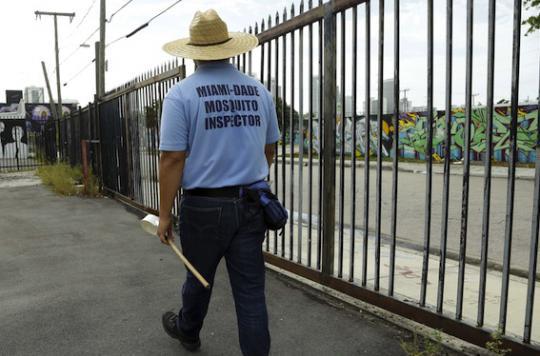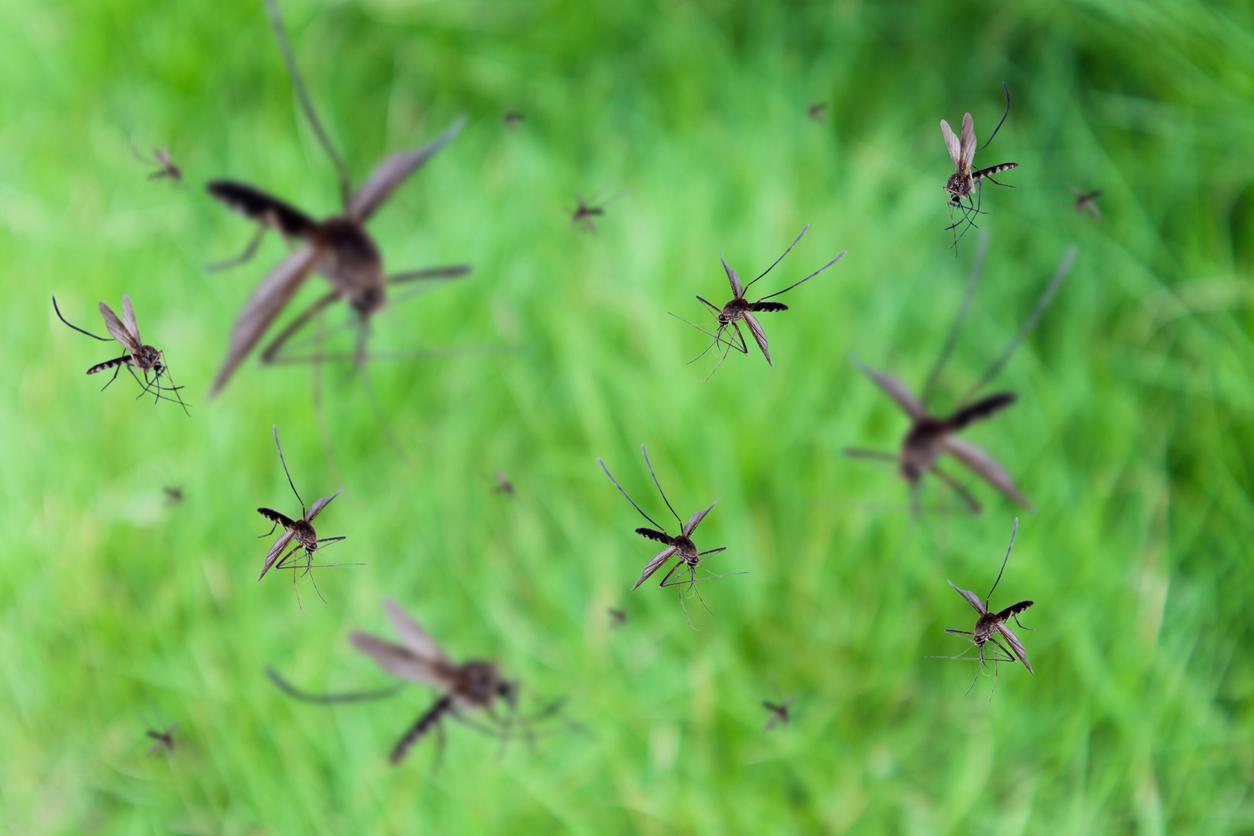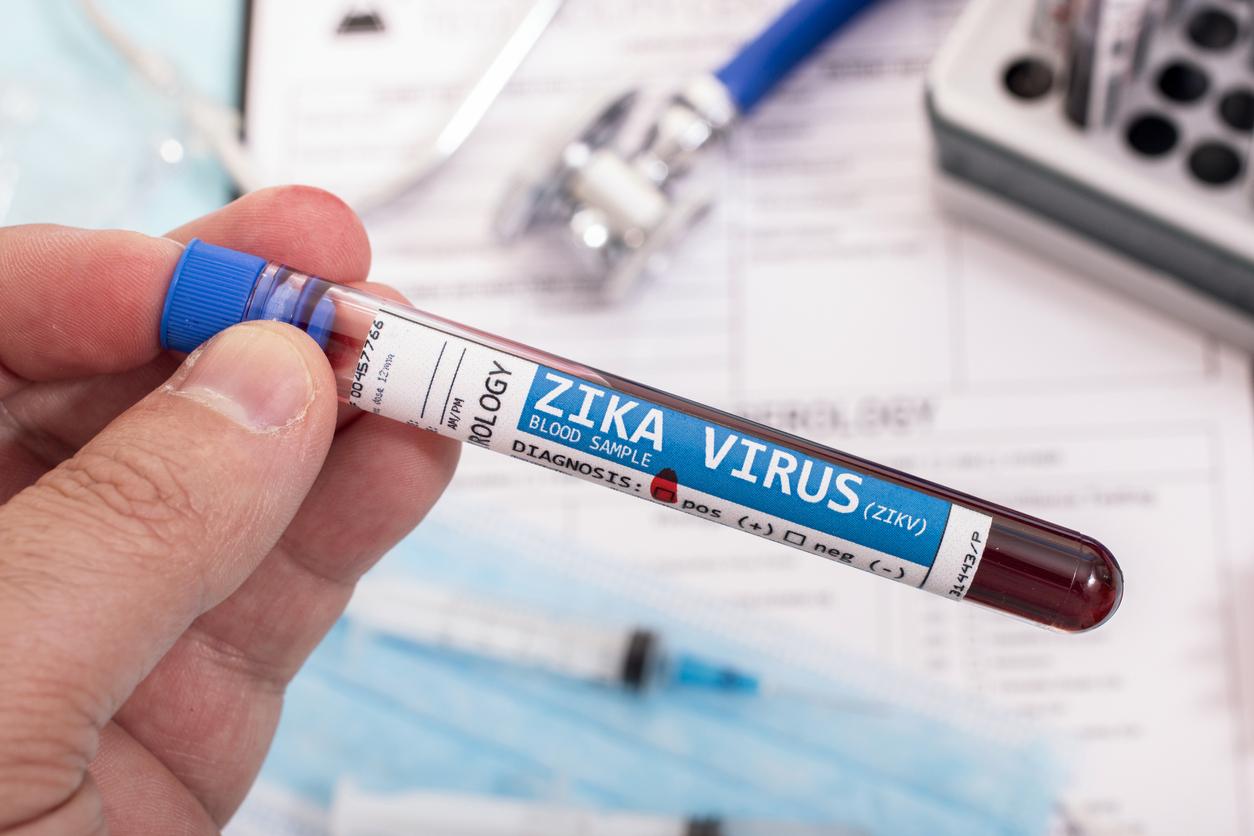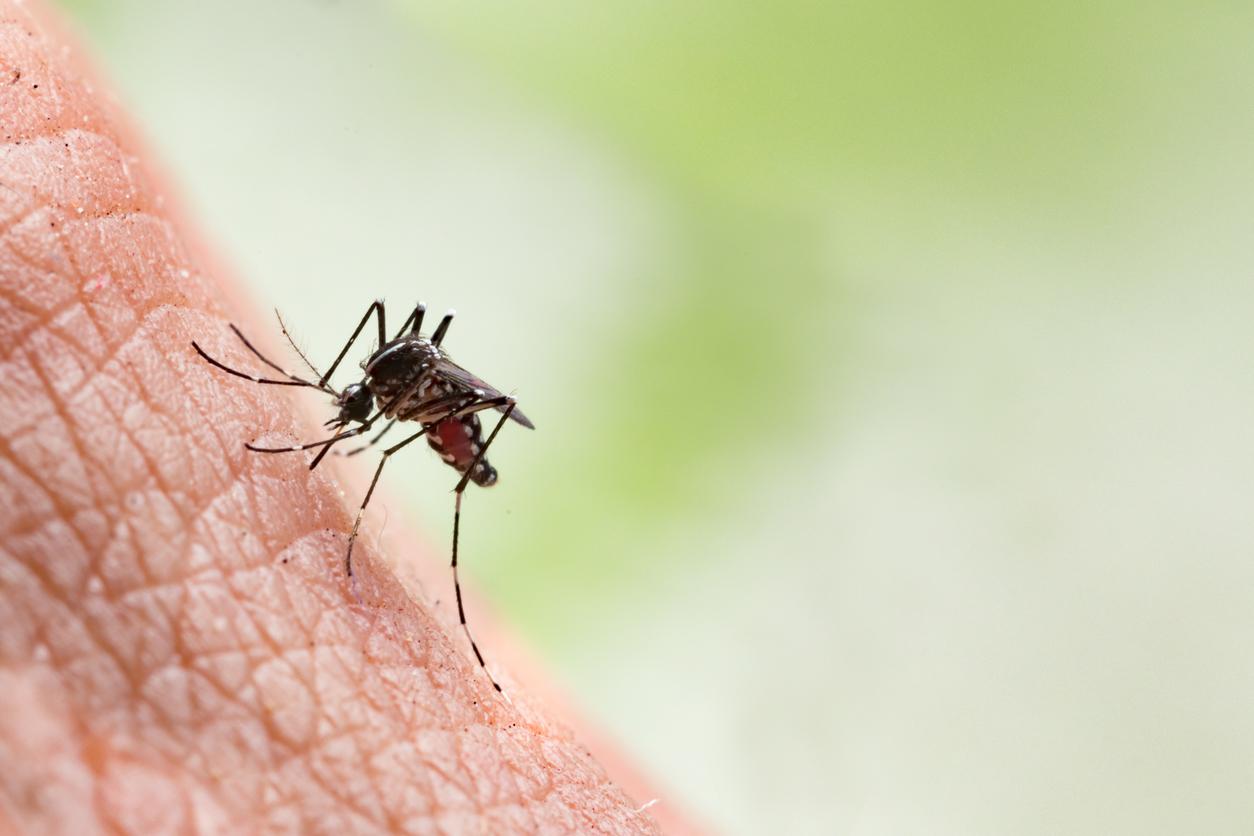After the discovery of 15 autochthonous cases in a district of the city, an aerial application of insecticide will be carried out to fight against the proliferation of mosquitoes.

Faced with the threat of the Zika virus, Miami decided to pull out the heavy artillery. This Wednesday, more than 25 square kilometers north of the city will be treated by aerial spraying of insecticides, announced the mayor of Miami-Dade County.
In just one week, 15 Indigenous cases were detected in the Miami-Dade neighborhood of Wynwood. More than 350 people living or working in Miami-Dade and Broward counties have been tested.
The emergence of resistance is feared
This massive spraying operation was recommended by the Centers for Disease Control and Prevention (CDC). “In Miami, the aggressive measures against mosquitoes don’t seem to be working as well as we would have liked,” CDC director Tom Frieden said on Tuesday, noting that they could be resistant to the insecticides used. Tests are currently underway to find out.
Since the introduction of these vector control measures, Florida has been using two pyrethroid class insecticides. The CDC therefore recommended the use of another chemical class: organophosphates. The chosen product called Naled is frequently used in the United States. The CDC has also recommended that authorities in Puerto Rico, a US territory heavily affected by the Zika epidemic, use this product. But people were concerned about the health and environmental risks it could cause and protested against its use, reports Reuters.
For its part, the town hall of Miami did not give any specific information to the inhabitants of the treated area. However, people with allergies have been asked to stay at home.

Distribution of insecticides
Mosquitoes Aedes aegypti carriers of the Zika virus would have settled in Wynwood, a tourist hotspot in Miami, around June 15. As a precautionary measure, the CDC has recommended that women who have been there since then wait at least 8 weeks before trying to get pregnant. They also asked pregnant women to avoid this area. Authorities fear that infected mothers will pass the virus on to their child, which could cause birth defects like microcephaly.
In parallel with this measure, the city’s health services as well as the police roam the neighborhood and distribute insecticide bombs to the homeless and the population. Protection kits, containing condoms and repellents, are distributed to pregnant women. City officials also go door to door to educate residents about the dangers of the Zika virus, and remind people how to protect themselves.
.

















